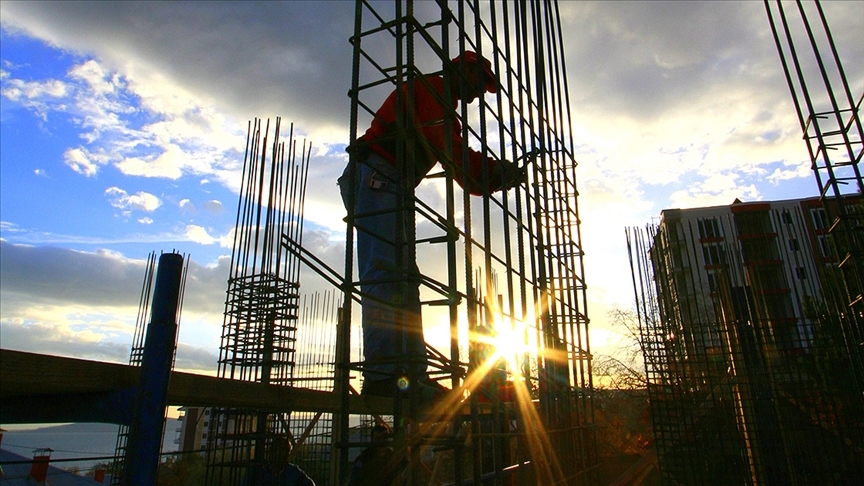
Türkiye is facing a significant shortage of skilled workers across various sectors, including manufacturing, construction, agriculture, and tourism. Despite competitive wages, industries are struggling to fill key positions. To address these shortages, many industry leaders are exploring new strategies, such as recruiting foreign labor with government support and providing housing as an incentive.
With labor scarcity reaching critical levels, wages in key sectors have surged:
Despite the high wages, blue-collar roles in sectors such as construction and agriculture are increasingly viewed as undesirable by local youth, who often prefer office jobs. This shift has created a significant gap in the supply of workers willing to engage in labor-intensive industries, contributing to ongoing labor shortages.
The agriculture sector now heavily relies on foreign workers to sustain operations. Many employers offer alternative compensation structures, such as a percentage of produce, in addition to standard wages.
As Türkiye’s tourism industry grows, the demand for skilled workers is projected to increase. The industry, which currently employs 1.7 million people, will need approximately 100,000 additional workers to meet visitor targets in the coming years. Several countries have adopted policies to facilitate greater foreign labor participation in hospitality; implementing similar policies in Türkiye could help alleviate hiring pressures.
Türkiye’s skilled labor shortage is becoming a pressing issue, prompting employers to seek innovative solutions to attract and retain workers. A combination of targeted policies, revised public perceptions regarding manual labor, and foreign recruitment initiatives may help address both current workforce demands and anticipated future needs.